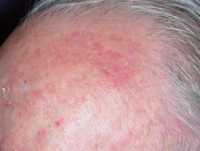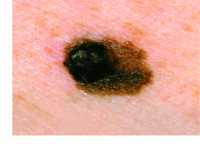Author Interviews, Cancer Research, Genentech, Leukemia / 25.03.2019
Genentech Submits New Drug Application to FDA for Venclexta Plus Gazyva for Untreated CLL with Co-Existing Medical Conditions
MedicalResearch.com Interview with:
Nancy Valente, M.D.
VP of Global Hematology Development
Genentech
Dr. Valenta discusses the announcement of the submission by Genentech of a supplemental New Drug Application to the FDA for Venclexta plus Gazyva for people with previously untreated chronic lymphocytic leukemia with co-existing medical conditions.
MedicalResearch.com: What is the background for this study?
What are the main findings of the Phase III CLL14 study?
Response: We completed the submission of a supplemental New Drug Application (sNDA) to the FDA for Venclexta® (venetoclax) in combination with Gazyva® (obinutuzumab) in people with previously untreated chronic lymphocytic leukemia (CLL) and co-existing medical conditions. CLL is the most common form of adult leukemia and more than 20,000 new cases will be diagnosed in the U.S. this year.
The sNDA is based on data from the Phase III CLL14 study, which evaluated fixed-duration Venclexta in combination with Gazyva in people with previously untreated CLL. Results showed this chemotherapy-free combination can help people with previously untreated CLL live significantly longer without their disease worsening (progression-free survival; PFS) compared to standard-of-care Gazyva plus chlorambucil.
The FDA is reviewing our application under the Real-Time Oncology Review (RTOR) pilot program, which is exploring a more efficient review process to ensure safe and effective treatments are available to patients as early as possible. (more…)




























